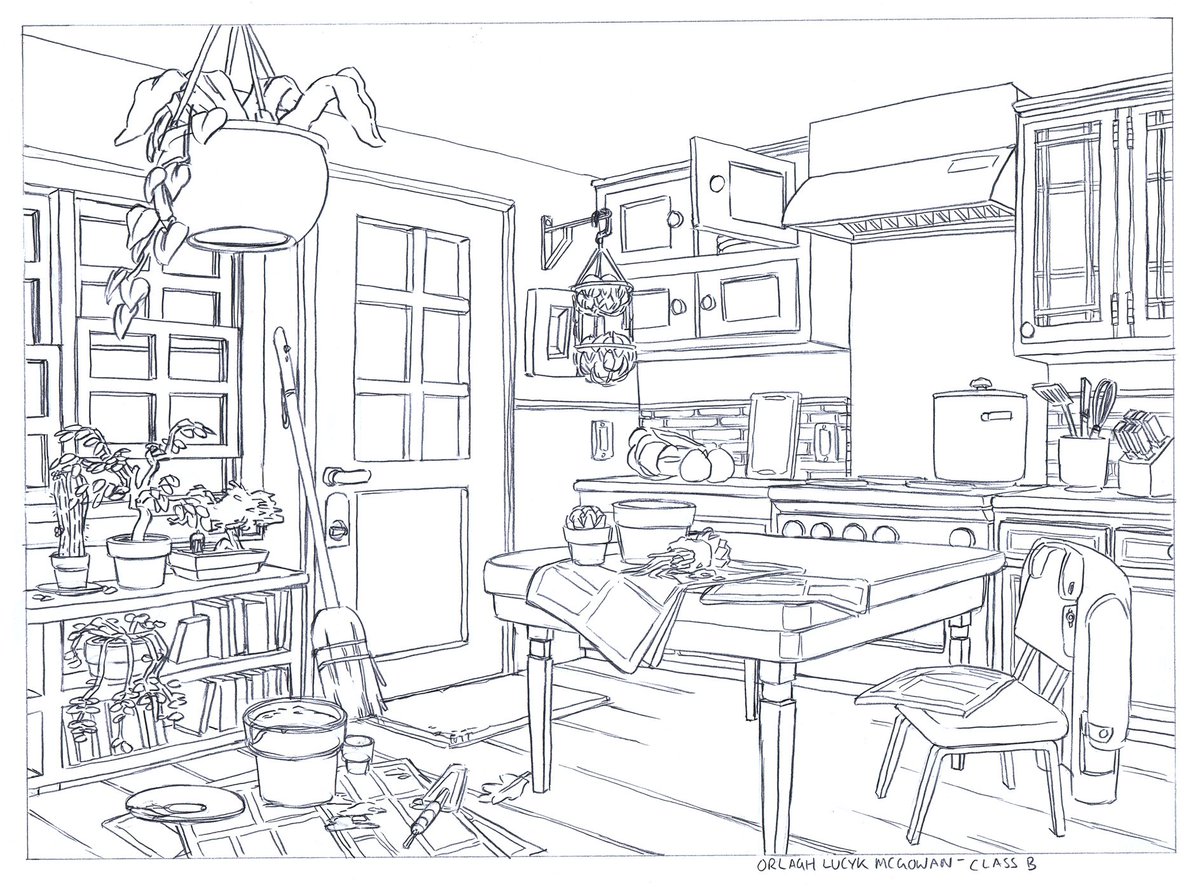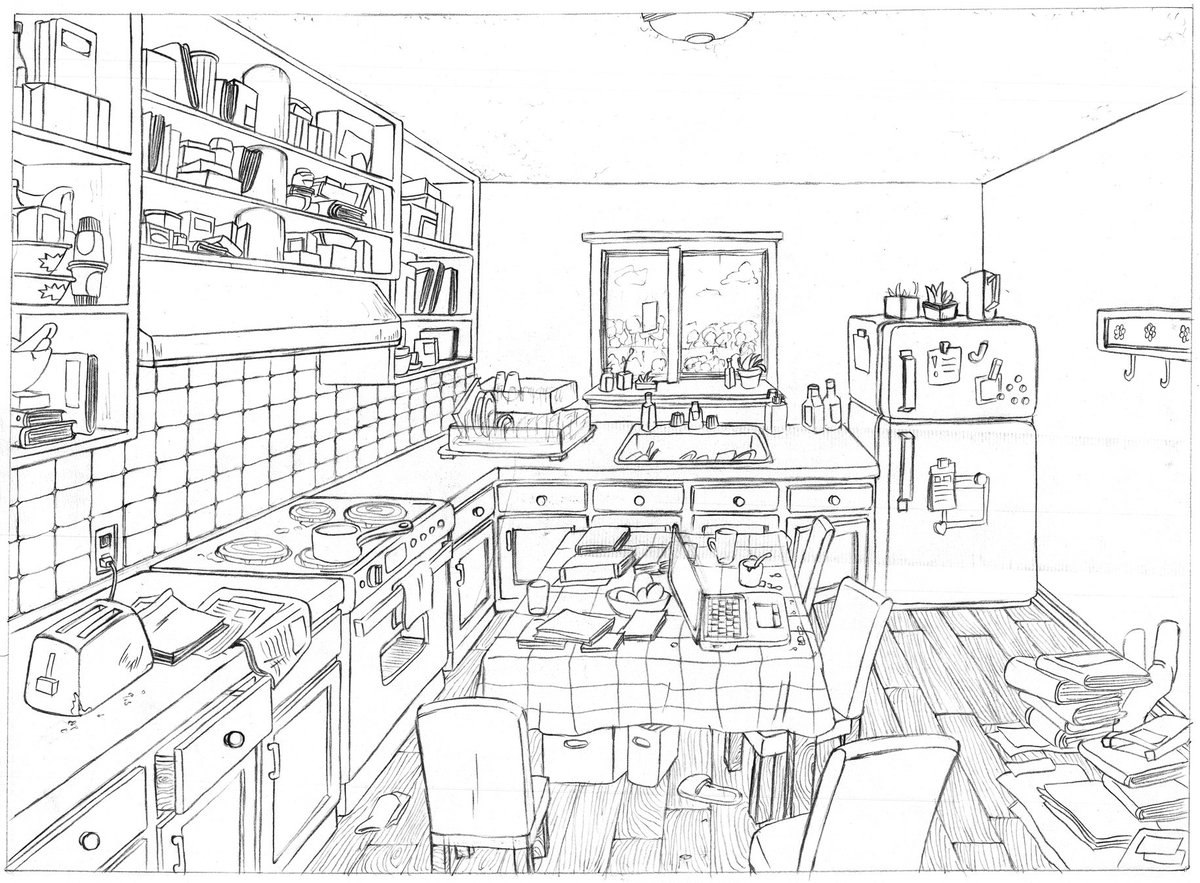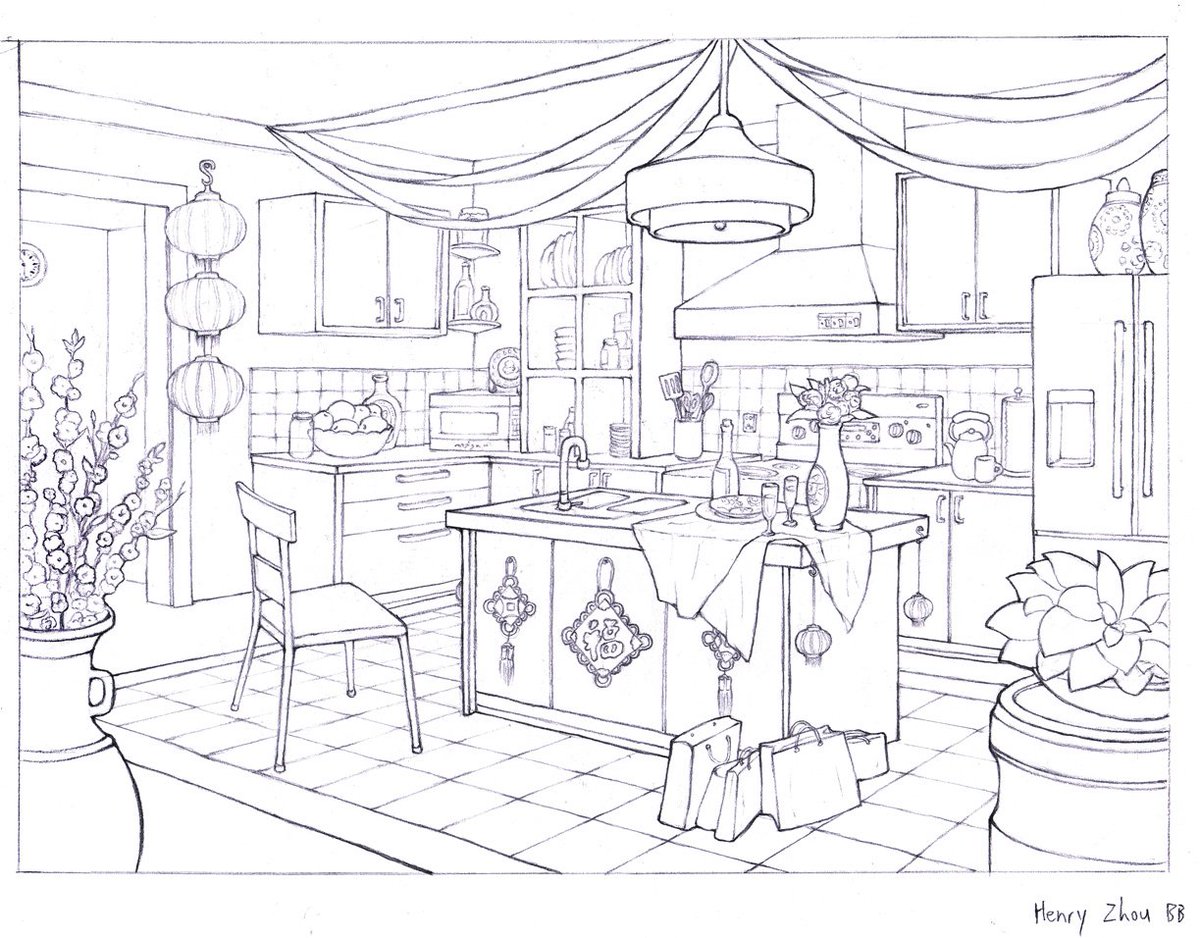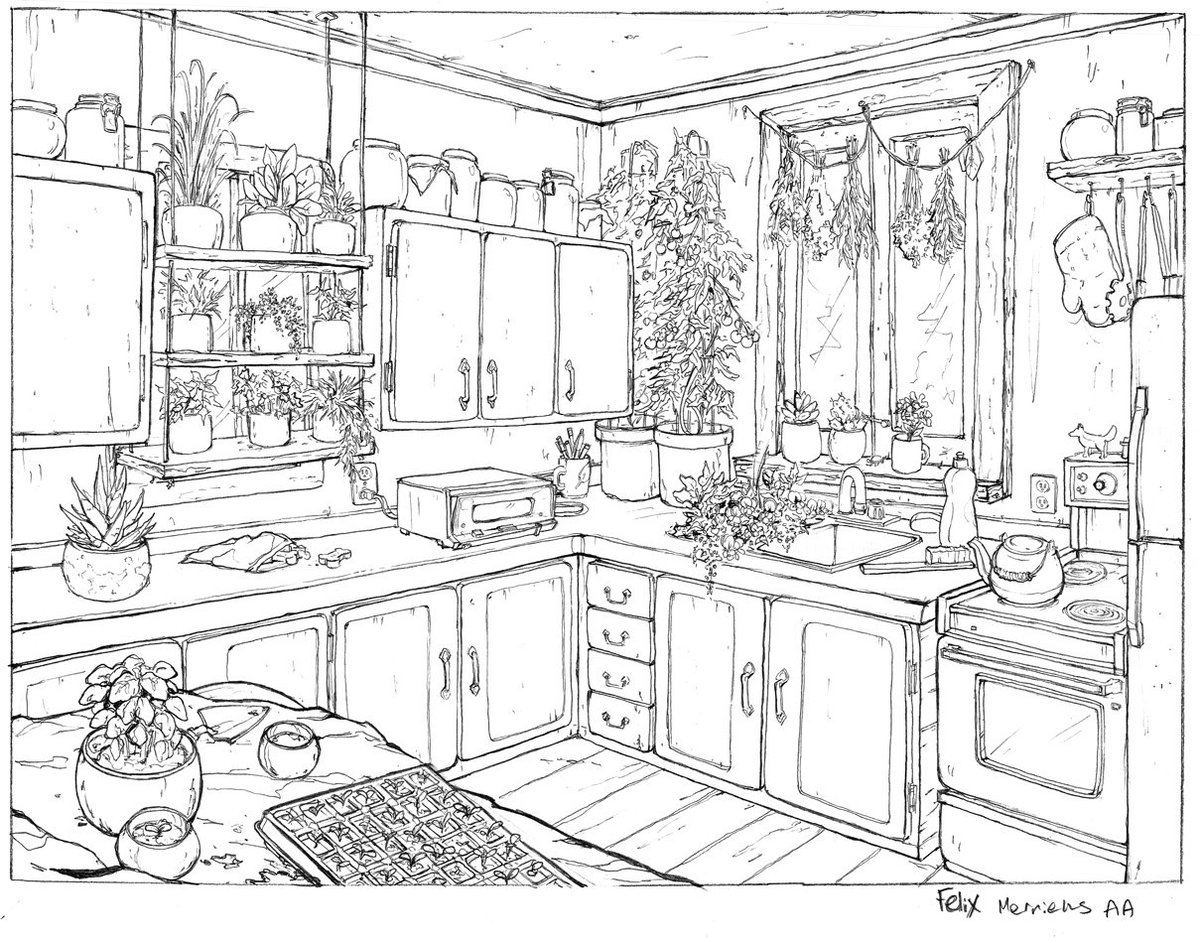
A former student of mine reached out wanting to know how they might be able to pivot from working in animation to making comics.
I sent them a response and figured the advice might be useful to other people online as well-
#makecomics #ComicsSchool
I sent them a response and figured the advice might be useful to other people online as well-
#makecomics #ComicsSchool

I don't know if this will turn into a new career or is a daydreaming/"grass is greener over there" situation.
Either way, the same advice-
Set deadlines and build a thing.
Finish it, learn from it and then, if you're still engaged, make more.
It's that easy and that hard.
Either way, the same advice-
Set deadlines and build a thing.
Finish it, learn from it and then, if you're still engaged, make more.
It's that easy and that hard.
We all want to make our first attempt at something a soaring success. Doing research and getting advice before you start is a natural part of that.
But, in the end, you still have to make the thing for yourself and learn from that process.
But, in the end, you still have to make the thing for yourself and learn from that process.
And, here's a really crucial point - it is 100% okay to make stuff for FUN. Not every creative endeavor has to be a career in the making.
You can cook fancy food without wanting to be a chef.
You can sing because it brings you joy, not because you want to be in a band.
You can cook fancy food without wanting to be a chef.
You can sing because it brings you joy, not because you want to be in a band.
That goes for art as well. Draw, paint, make comics, animate or whatever else because it's a new skill and a good use of your time no matter what your end goals might be.
It doesn't have to be monetized to be valid.
It doesn't have to be pro quality to be worthy.
It doesn't have to be monetized to be valid.
It doesn't have to be pro quality to be worthy.
BUT - have your eyes open and be aware of what the work is or isn't.
If it's a hobby then don't expect a publisher to suddenly throw money at you unless the work stands well beside the other projects they publish.
If it's not pro quality, don't build up the same expectations.
If it's a hobby then don't expect a publisher to suddenly throw money at you unless the work stands well beside the other projects they publish.
If it's not pro quality, don't build up the same expectations.
I really like going out for karaoke (and damn, do I miss it in this pandemic) but I'm not auditioning for talent shows or expecting that I'm going to be a professional singer.
Deciding to do that would mean adjusting my priorities in a BIG way.
Deciding to do that would mean adjusting my priorities in a BIG way.
I enjoy singing, cooking and playing video games, but the focal points I've deeply poured my brain/time into are writing stories (mostly for comics), teaching and drawing, with a side hustle knowledge pool of tabletop RPGs and superhero continuity.
That's what works for me.
That's what works for me.
A lot of this is similar to the advice I first wrote about on my livejournal (hah) back in 2007, reformatted here on my site.
How Do I Break In?
jimzub.com/how-do-i-break…
Along with 40+ blogposts here about the industry, created when I had way more time:
jimzub.com/category/tutor…
How Do I Break In?
jimzub.com/how-do-i-break…
Along with 40+ blogposts here about the industry, created when I had way more time:
jimzub.com/category/tutor…
• • •
Missing some Tweet in this thread? You can try to
force a refresh











